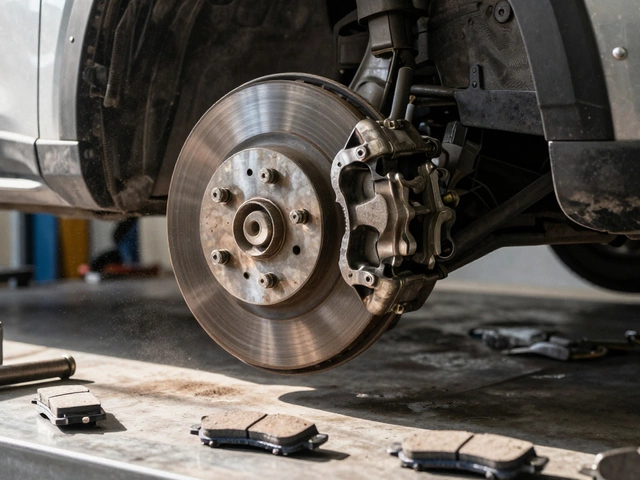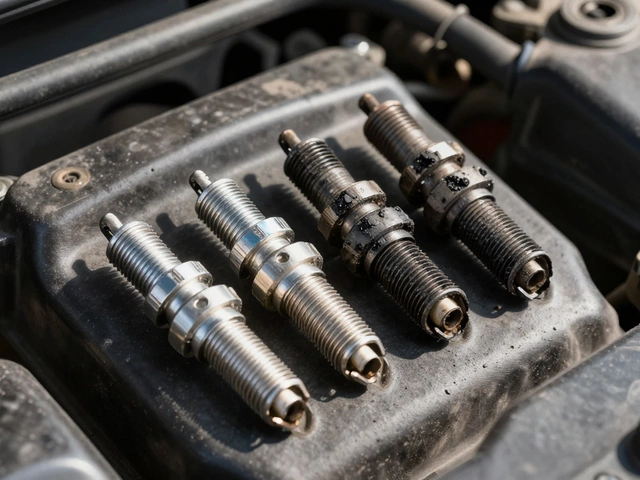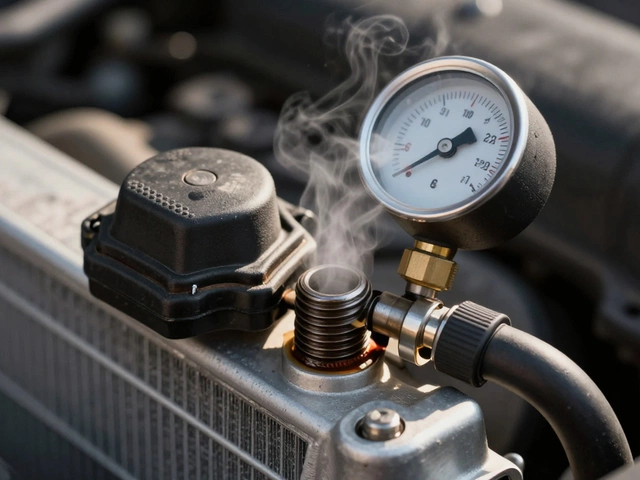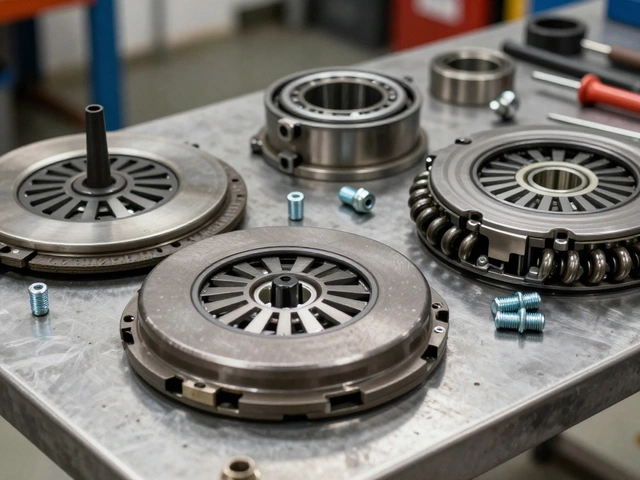Home Maintenance: Keep Your Car Running Smoothly
Got a car you love but not a huge budget for the shop? You don’t need a mechanic for every little thing. A few basic tools and the right know‑how let you handle most routine tasks yourself.
In this guide we’ll walk through the everyday checks you can do in your garage, the signs that tell you a job needs a professional, and a handful of quick fixes that keep you safe on the road.
Everyday Checks You Can Do at Home
Start with the oil. Open the dipstick, wipe it clean, reinsert and pull it out again. If the level is low or the oil looks gritty, you’re due for a change. Changing oil yourself costs a fraction of a shop bill and lets you pick the right grade for your engine.
Next, glance at your brake pads. Look through the wheel spokes – you should see at least a few millimetres of pad material. If the metal shows, it’s time for new pads or possibly rotors. Many drivers wonder whether they need new rotors or just pads; the tell‑tale squeal or pulsation during braking usually points to rotors.
Wiper blades are another simple swap. Measure the blade length (most cars use 16‑17 inch blades) and buy the matching size. Replacing them improves visibility in rain and can save you from a fine if you’re driving in New Zealand.
Check your coolant level in the radiator reservoir. Low coolant often means a leak or a failing radiator. If you see rust‑colored water or the engine overheats, a radiator replacement might be on the horizon. Knowing the typical cost for a 2025 radiator helps you budget before the shop quote arrives.
Suspension health is easy to spot. A rattling noise over bumps, uneven tyre wear, or a car that leans to one side usually means a bent or worn suspension component. A quick visual inspection of struts and shock mounts can reveal obvious damage.
When to Call a Pro
If you hear a knocking sound from the engine, bad spark plugs could be the cause. Replacing plugs is straightforward, but diagnosing why they failed (fuel mix, timing, or wear) may need a professional’s tools.
Exhaust work gets tricky when you want more sound without breaking the law. Legal mods like cat‑back exhausts or active valve systems require proper testing to stay within dB limits. If you’re not comfortable with emissions testing, let a shop handle the install.
Clutch problems can quickly become costly. A slipping clutch feels like the engine revs but the car doesn’t accelerate. Testing the clutch involves a few steps, but fixing it usually needs special tools and a good lift.
Finally, if your radiator is leaking or you notice the heater isn’t blowing warm air, you may need to replace more than just the radiator core. Checking related parts like the thermostat, hoses, and heater core ensures the repair lasts.
Keeping a simple log of when you performed each check makes it easy to spot patterns. Write down oil changes, brake pad replacements, and any unusual noises. Over time you’ll see which components need attention before they break down.
By staying on top of these basic tasks, you’ll stretch your budget, avoid surprise repairs, and keep your car safe for every trip. Got a specific problem? Browse our detailed articles – from brake rotor warning signs to how to test a clutch – and get step‑by‑step help.

How Long Do Cheap Air Filters Last? Real Lifespan and Replacement Tips
Curious about how long cheap air filters really last? This article breaks down what 'cheap' actually means for air filter quality and durability. Learn how different factors, like pets and dust, impact filter life. Get practical advice on when to swap them out, plus some money-saving tips. You'll leave knowing exactly how to keep your air clean without overpaying.
CONTINUE READING








